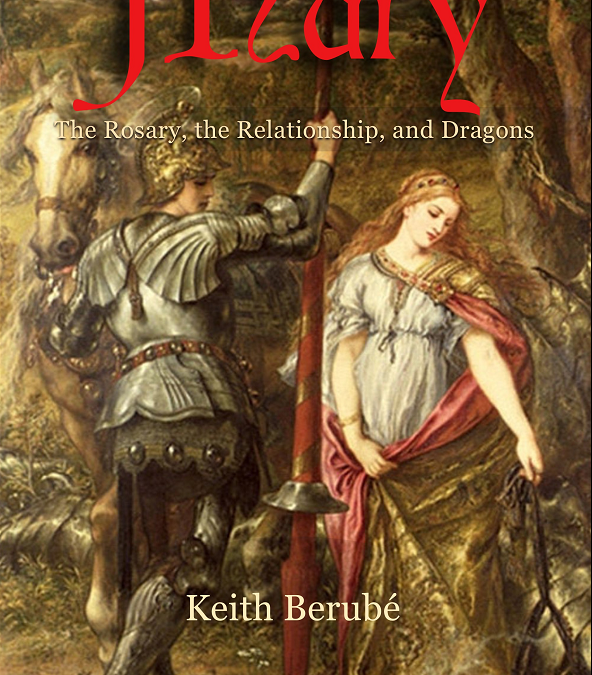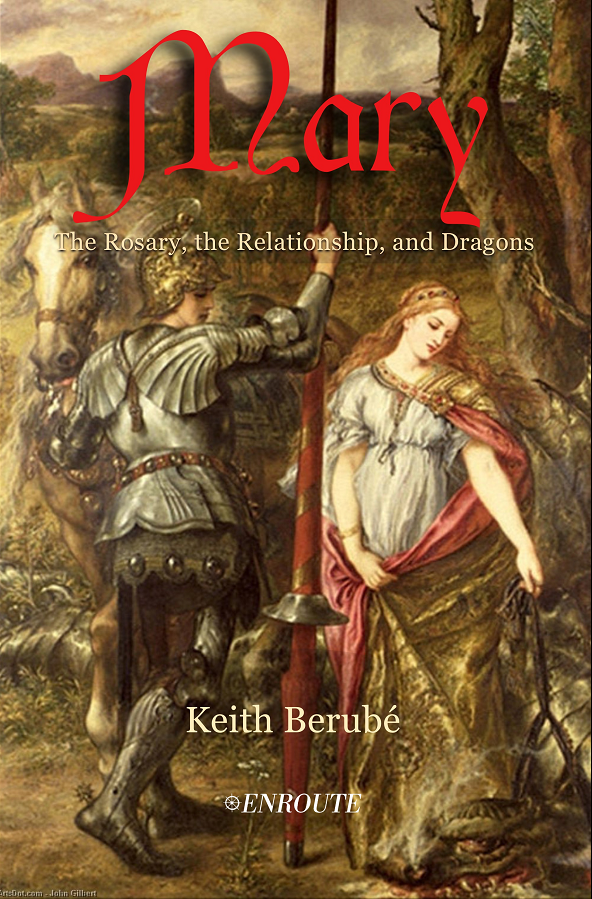Testimonials
“In Mary and Bioethics, Francis Etheredge offers us a concrete example of what John Paul II referred to at the end of his great encyclical on faith and reason: philosophari in Maria (to philosophize in Mary). Using a striking range of sources in his reflection, from St John of the Cross to radical feminist Shulamith Firestone, Etheredge prompts his reader to reflect on human nature, medicine, sin, suffering, and grace. The results are worth pondering. By meditation on the virtues and privileges of Mary, Etheredge points out new directions in bioethics, getting behind the problematic of disputed questions to foundational natural and supernatural truths. One notable instance is the reflection on the Immaculate Conception as a kind of icon of the gratitude which the creature owes to the Creator. In a time in which “existential ingratitude” (26) is becoming the norm (radically seen in the rejection of one’s own bodily form as male or female), Mary’s gratitude for what she received from the very first moment of her existence acquires a new significance. In this way, and in many others, Etheredge shows Mary to be an ‘antidote’ to our present spiritual distress.” — Sr. Elinor Gardner, O.P., University of Dallas
“This starting point for bioethical questions strikes me as refreshing, but not because it is new; to the contrary, it is original. … Francis Etheredge begins Mary and Bioethics with a concern that too many bioethical questions lack an adequate foundation and aim, instead, toward technical innovation (6)….Etheredge rightly laments, “Our times … are losing the wisdom of waiting and many bioethical problems are arising out of this impatience which has gone beyond being personal and become a kind of epidemic ….It is almost as there is a kind of maternity waiting to be recovered – not just the maternity of motherhood but the motherhood of waiting on God” (19). From this perspective, we can see that Mary as an exemplar provides us with a better foundation of embodied human being than does any merely technically innovative model. Precisely, Marian piety calls our attention to the holy family, which reminds us of our own families as the origin of our individual and communal lives. The family is the place where suffering is lived rather than merely solved. This starting point for bioethical questions strikes me as refreshing, but not because it is new; to the contrary, it is original’.” — an extract from a review by Colten P. Maertens-Pizzo in The National Catholic Bioethics Quarterly, Vol. 21, Issue 1, Spring 2021, pp. 174-177 (click here for the review)
“This is a book I likely would not have encountered had the author not sent it to me–I do not have a deep Marian piety; further, I am neither Catholic, nor am I a bioethicist. I am blessed by the encounter! This book is different in several ways. It mixes the personal with the academic in an engaging style. It integrates subjects–biblical studies, Catholic moral and fundamental theology, and bioethics–usually kept strictly siloed (at least in my world). It strives to speak to both head and heart on an issue of fundamental importance and sensitivity, avoiding both sterility and sentimentalism. Believers comfortable with the language of Scripture and Tradition on the subject of Life will find their views ably defended even as they are invited to look at the science. Believers who tend toward natural law arguments (here’s where I fall), will be reminded of the depth of spiritual resources at their disposal. I warmly recommend this text to a wide readership and hope it does not remain exclusively within Catholic pro-life circles.” — Rev. Dr. Tim Perry is adjunct Professor of theology at Saint Paul University, Ottawa and Trinity School for Ministry, Ambridge
“‘When Francis gave me his book Mary and Bioethics, I can’t say that I felt terribly enthusiastic about reading it. I felt it would be far too theological and difficult for me to understand. So it was with some trepidation that I did so. However, I found it a sensitive and very interesting read. In fact, I read it twice to fully comprehend all the insights of Francis’ study of the subject. I certainly found a deeper understanding of the amazing role Mary has played, and is still playing, in the life of the Church and the world. Through her, the Church expands its knowledge and understanding of Salvation History. Mary is a mother for Jesus and for us. Francis shows a well-informed understanding of how Mary brings us to Jesus. The science of bioethics is very well described, giving many new insights and showing how some treatments are ethical and others are not. True Christian Marriage is discussed and explained in a very beautiful way, and the whole book is interspersed with some very moving testimonies of peoples’ lives. It is a very readable and interesting book.” – Clare Hill, Midwife and Nurse
“With depth and clarity Francis Etheredge in Mary and Bioethics: An Exploration shows how theological appreciation of Mary’s role in the Incarnation can illumine our understanding of many issues in bioethics. The suffering that leads to such technological solutions is not evaded. Introductory segments to each chapter also show its relevance to life. An authoritative and perceptive work—highly recommended. — Mary Shivanandan, STD, author of Holy Family Model Not Exception
“Mary and Bioethics is a unique and timely tome. In a world where we’ve forgotten what it means to be human, what it means to be a man-father or woman-mother, a world grown cold that treats human life as a commodity, a ‘throwaway’ culture, Mary helps us rediscover our dignity! Mary herself is a Catechism. If we can learn to read her–‘our tainted nature’s solitary boast’–we will not only grow in self-understanding, but feel the warmth of her love for us.” — Sr. Helena Raphael Burns, fsp, Theology of the Body presenter, @SrHelenaBurns
“From a secular perspective, bioethics cannot be more disconnected from Mary; however, from that of the Catholic Christian, Mary is none other than the Mother of all the Living. In Mary and Bioethics, Francis Etheredge provides a well-researched and referenced interlace between Mariology and bioethics. Etheredge shows that bioethics lacking a Marian view, accepting life as a divine gift, is fundamentally ill-equipped to respond to human suffering genuinely and compassionately.” — Eric Manuel Torres, BHlthSci & MOrthoptics (LaTrobe), MNSc (Melb), GradDipTheol (CTC/UDiv), MTS (CTC/UDiv), AOBR, MOA, RN, Assoc. Member CMAV. Melbourne based Catholic moral theologian and bioethicist.
“In Mary and Bioethics, Francis Etheredge has assembled the leading global Mariologists whose contributions sear the soul with inspired insights into the life, heart and soul of our mother Mary that one will remember forever and which wonderfully complement his work.” — Gordon Nary, Editor, Profiles in Catholicism
“This insightful book urges a novel anthropological approach to the complex issues surrounding marriage, the family, bioethics, and the frantic search for fulfilment that characterizes many societies today. It is in Mary, who alone fully corresponded to God’s design for humanity, and was ever open to grace, that we find the best response to those who would seek their self-realization in a radical affirmation of personal liberty. In place of an illusory freedom that reduces us to biologically determined entities, Mary offers us a vision of life, of the human person, as gift, a gift from God to which we may respond in kind, transforming our perspective as we face the multiple challenges of this topsy-turvy world. In place of manufactured solutions to the human condition – whether gender reassignment, abortion, genetic manipulation, in-vitro fertilization – Mary’s radical choice of God, even in the face of unimaginable challenges, shows us how we can transcend our sense of helplessness by recognizing that it is precisely in our limitedness as creatures that we can discover our infinite potential as children of God.” – Brian K Reynolds, Fu Jen Catholic University, Author of Gateway to Heaven: Marian Doctrine and Devotion in the Patristic and Medieval Periods
“Francis Etheredge masterfully demonstrates that without recourse to God, bioethics is ultimately without meaning. Worse still, it is destined to endorse a culture of death in the face of human suffering. How much we have to learn about human life as a Divine gift especially from Mary, Seat of Wisdom and Mediatrix of all Graces!” — Dr. Pravin Thevathasan, MB.BS, MRPsych, MSc (Medical Ethics), Consultant Psychiatrist and Editor, Catholic Medical Quarterly
“Francis Etheredge has inspired us to look to the Blessed Mother—particularly in and through her Immaculate Conception—as reason and hope for our greater understanding of ensoulment. Contributing to the understanding of when a human being—body and soul—comes to be is critically important when it comes to ethical implications of experimentations and procedures in the fields of biology, biotechnology, infertility, etc. as they relate to the dignity of the human person and the preservation and aid of human life. Mary was God’s choice to bring about the Incarnation of Christ. Etheredge proposes that we have far more to glean and appreciate from this “Gate of Heaven”, as she is called, in our quest for identifying the beginnings of our personhood, accepting the gifts and calling of our gender, and understanding the significance and relevance of marriage between one man and one woman and its corresponding correlation to Christ’s spousal relationship to his Church.” — Kimberly Bruce has an M.A. in Theology in Apologetics. She is a Catholic author and speaker.
“An excellent exploration of how scripture can still link to questions in today’s Bioethics. The author does not shy away from any difficult topics and provides a clear answer to a wide range of cutting edge questions.”
– Michal Paszkiewicz on Goodreads
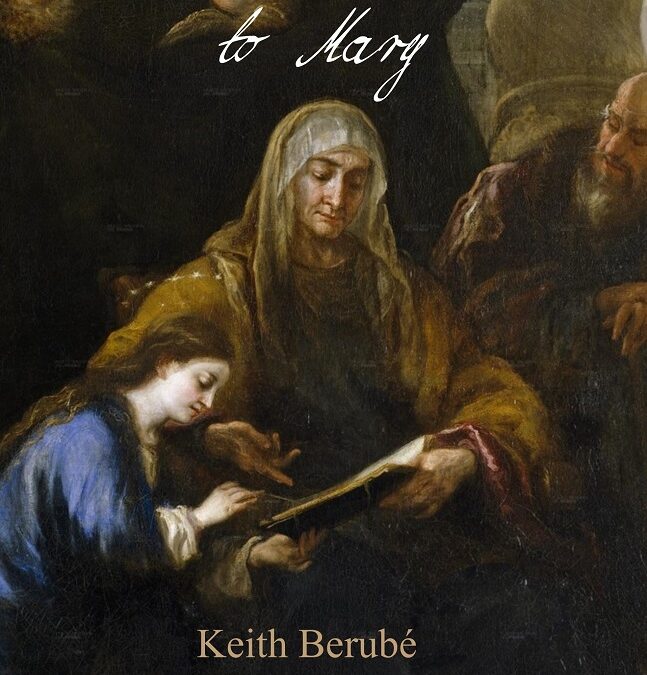
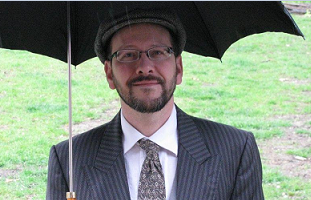 Mr. Keith Berubé, author of Mary, the Beloved and Mary: The Rosary, The Relationship, and Dragons, holds holds a B.A. and an M.A. in Theology from Franciscan University of Steubenville and has taken doctoral studies at Holy Apostles College and Seminary. His MA and doctoral studies focused on Mariology and he is currently writing his doctoral dissertation at the University of South Africa under the direction of Dr. Jennifer Slater and the co-direction of Fr. Peter Kucer, MSA, currently serving as the Interim Rector-President at Holy Apostles College and Seminary. His doctoral thesis concerns the eschatological reality of Mary and the intimate relationship God desires people to have with her. Mr. Berubé writes Marian articles for Homiletic and Pastoral Review, is featured in the upcoming 2019 edition of Fr. Donald Calloway’s Marian Journal Mater Misericordiae, has given various radio interviews, and has appeared on Mother Angelica’s EWTN. He teaches at Queen of Heaven Academy and resides with his wife and their five children in Columbus, Ohio.
Mr. Keith Berubé, author of Mary, the Beloved and Mary: The Rosary, The Relationship, and Dragons, holds holds a B.A. and an M.A. in Theology from Franciscan University of Steubenville and has taken doctoral studies at Holy Apostles College and Seminary. His MA and doctoral studies focused on Mariology and he is currently writing his doctoral dissertation at the University of South Africa under the direction of Dr. Jennifer Slater and the co-direction of Fr. Peter Kucer, MSA, currently serving as the Interim Rector-President at Holy Apostles College and Seminary. His doctoral thesis concerns the eschatological reality of Mary and the intimate relationship God desires people to have with her. Mr. Berubé writes Marian articles for Homiletic and Pastoral Review, is featured in the upcoming 2019 edition of Fr. Donald Calloway’s Marian Journal Mater Misericordiae, has given various radio interviews, and has appeared on Mother Angelica’s EWTN. He teaches at Queen of Heaven Academy and resides with his wife and their five children in Columbus, Ohio.
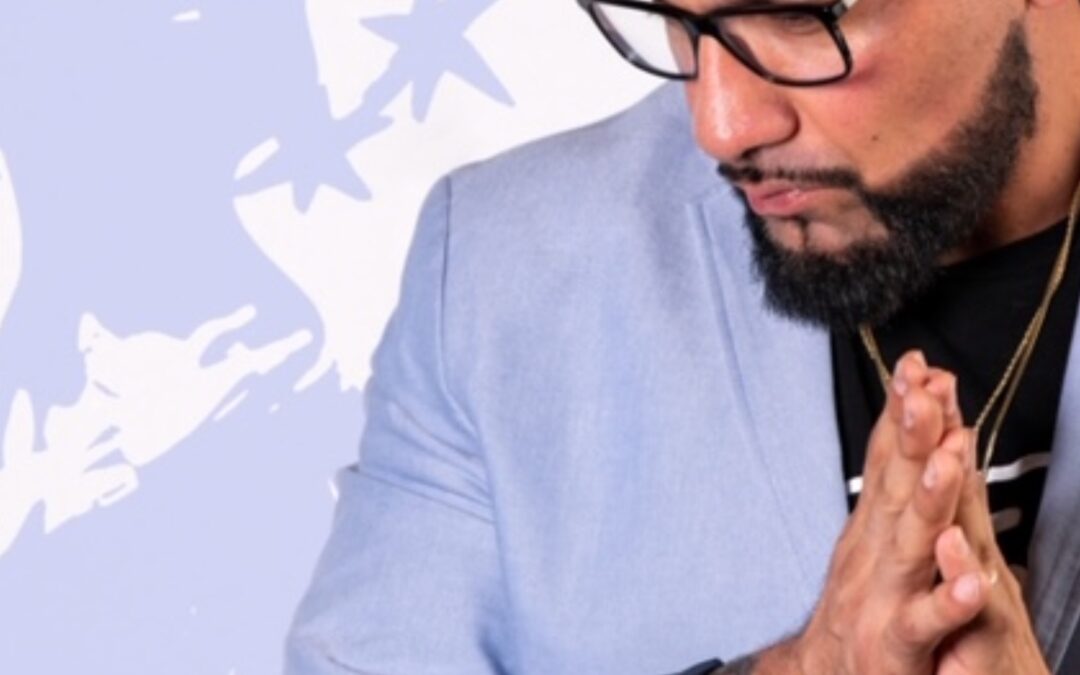
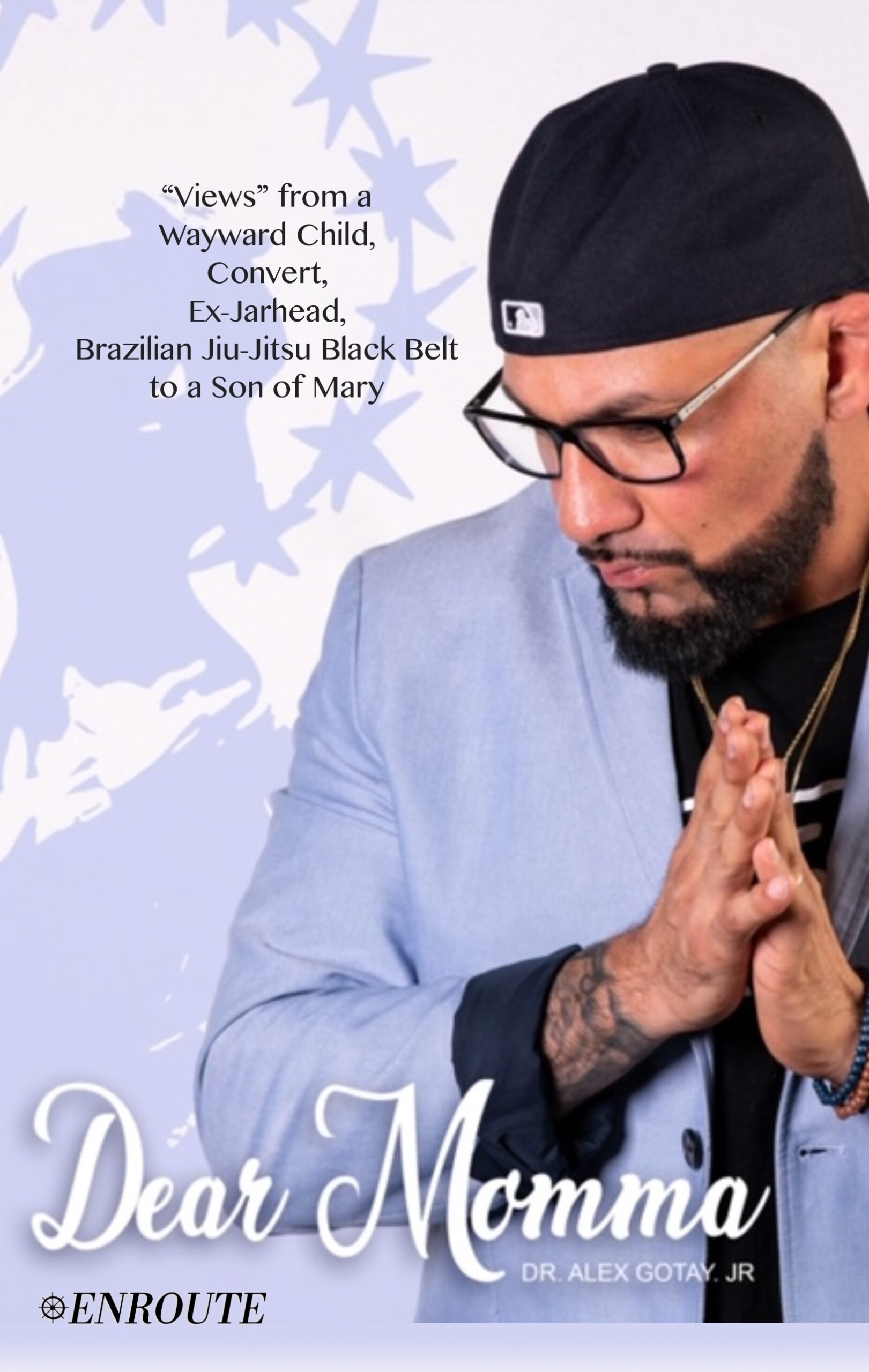
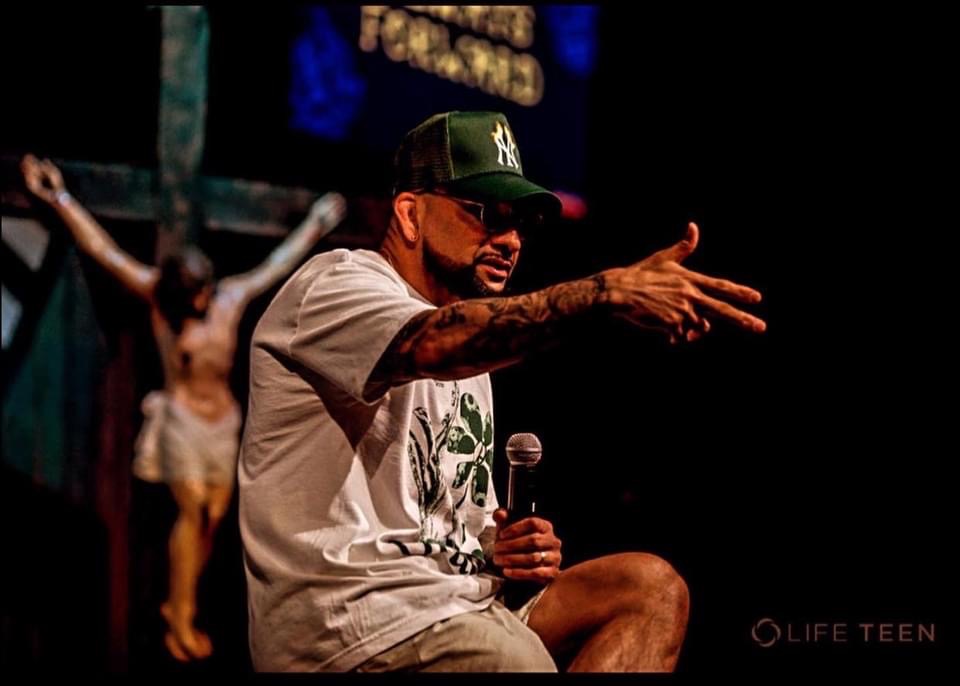
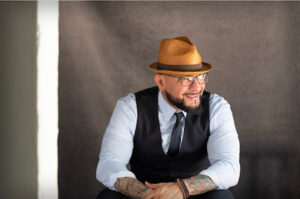
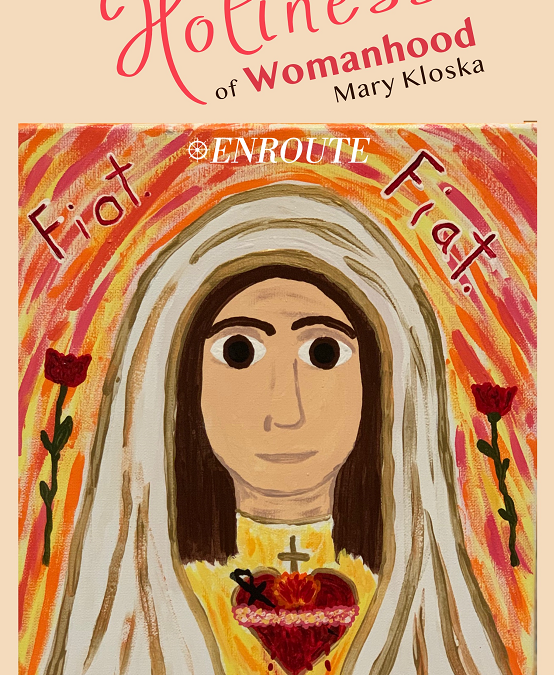
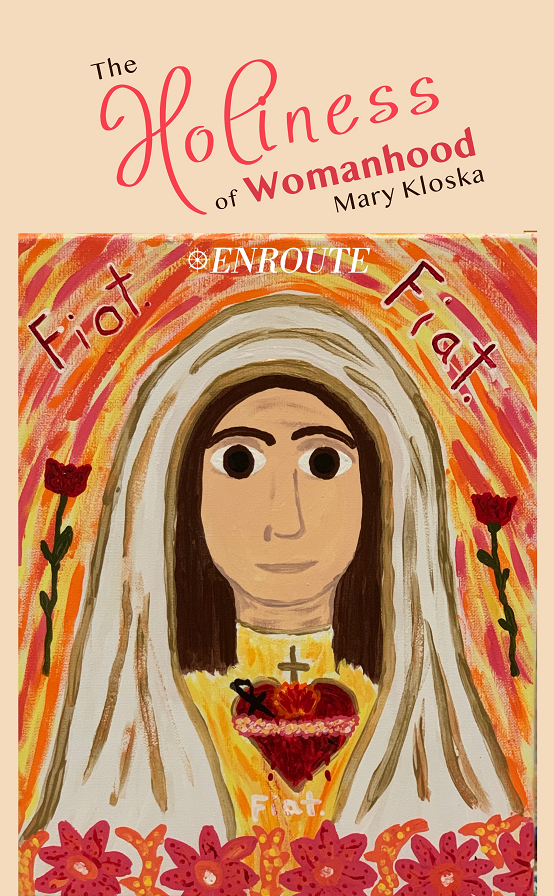
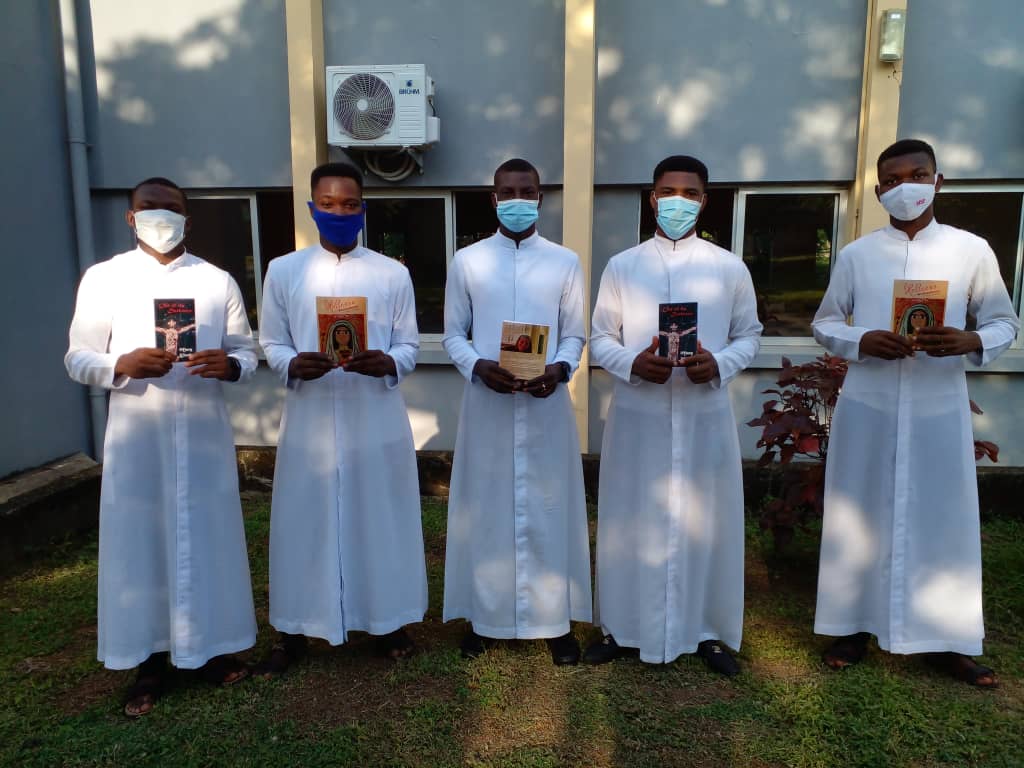
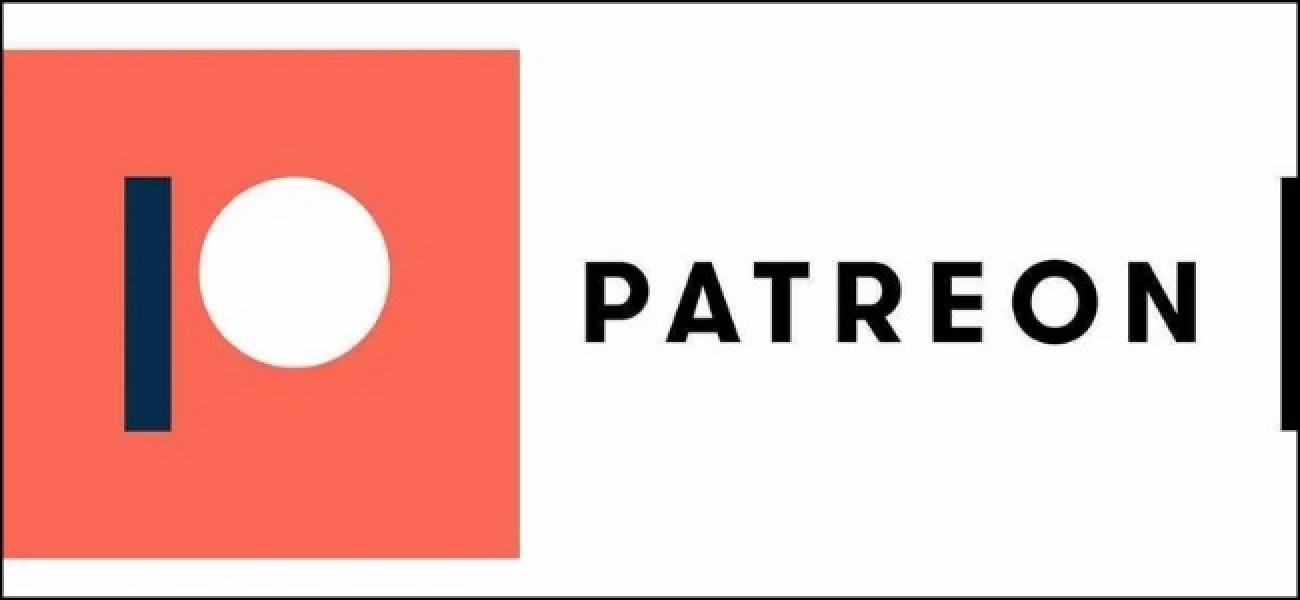

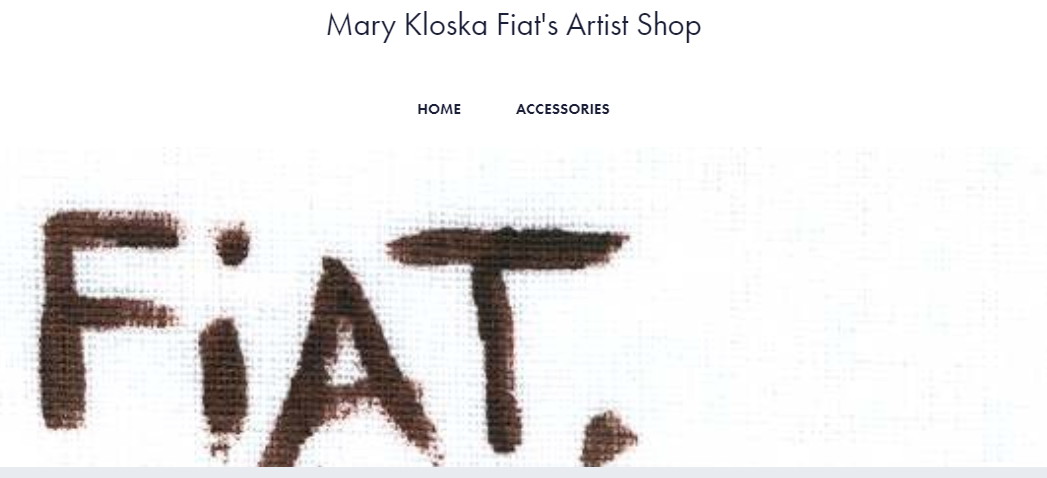
 Mary Kloska is from Elkhart, Indiana. She was raised in a huge Polish family (12 brothers and sisters) along with a lot of foster babies and other needy people in and out of the house. She presently has 70+ nieces and nephews. She has lived a very unique life. Upon graduating from Notre Dame in 1999 she spent almost 20 years in the missions serving the poor (including orphanages) as well as praying as a consecrated hermit all over the world –Siberia, Nigeria, Tanzania, South Africa, Philippines, Mexico, the Holy Land and all over Europe as well. Although she spent a lot of time away in silence praying, ironically she loves children and is very fun and outgoing when it comes to serving young adults, as well as the little ones. She also spent her time in the missions giving retreats, doing simple catechesis, leading prayer groups, giving spiritual direction, helping in deliverance, changing diapers, feeding babies and cleaning floors. After spending intense time serving in a mission she would withdraw for periods of ‘retreat’ as a hermit (including three years as an official diocesan hermit with vows under a Bishop.) The last few years she has spent as a fulltime nanny to infant triplets, twins and several large families. She speaks many languages (poorly) and enjoys playing guitar, painting icons, baking, gardening, reading, writing and simply filling in where there is the greatest need in the Church. Her WCAT Radio program, “The Heart of Fiat Crucified Love,” may be found
Mary Kloska is from Elkhart, Indiana. She was raised in a huge Polish family (12 brothers and sisters) along with a lot of foster babies and other needy people in and out of the house. She presently has 70+ nieces and nephews. She has lived a very unique life. Upon graduating from Notre Dame in 1999 she spent almost 20 years in the missions serving the poor (including orphanages) as well as praying as a consecrated hermit all over the world –Siberia, Nigeria, Tanzania, South Africa, Philippines, Mexico, the Holy Land and all over Europe as well. Although she spent a lot of time away in silence praying, ironically she loves children and is very fun and outgoing when it comes to serving young adults, as well as the little ones. She also spent her time in the missions giving retreats, doing simple catechesis, leading prayer groups, giving spiritual direction, helping in deliverance, changing diapers, feeding babies and cleaning floors. After spending intense time serving in a mission she would withdraw for periods of ‘retreat’ as a hermit (including three years as an official diocesan hermit with vows under a Bishop.) The last few years she has spent as a fulltime nanny to infant triplets, twins and several large families. She speaks many languages (poorly) and enjoys playing guitar, painting icons, baking, gardening, reading, writing and simply filling in where there is the greatest need in the Church. Her WCAT Radio program, “The Heart of Fiat Crucified Love,” may be found 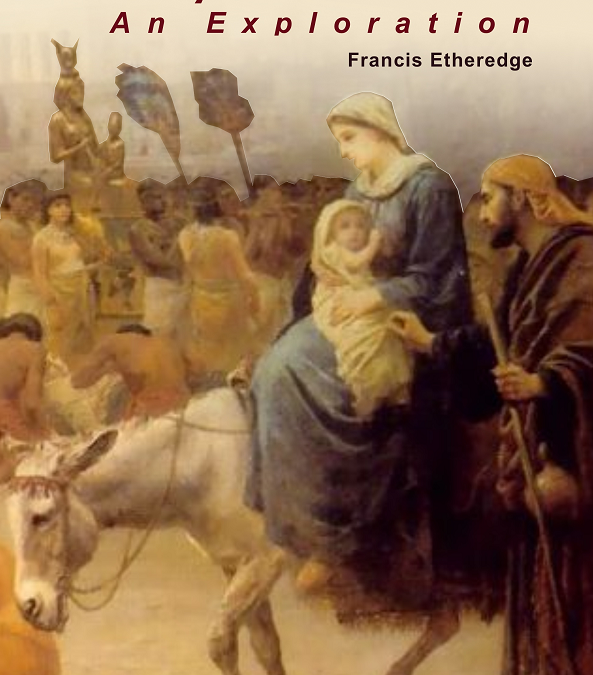
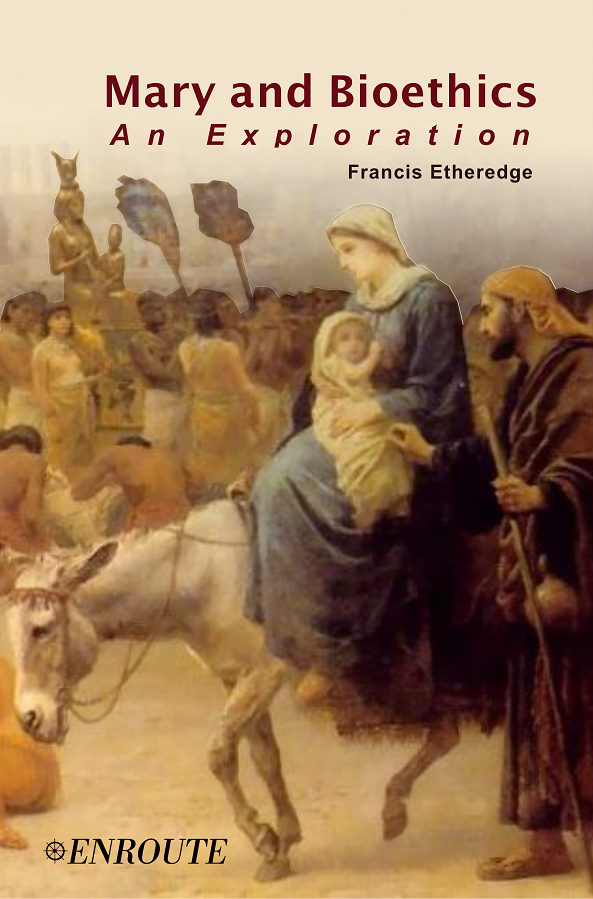
 Mr. Francis Etheredge is married with eight children, plus three in heaven.
Mr. Francis Etheredge is married with eight children, plus three in heaven.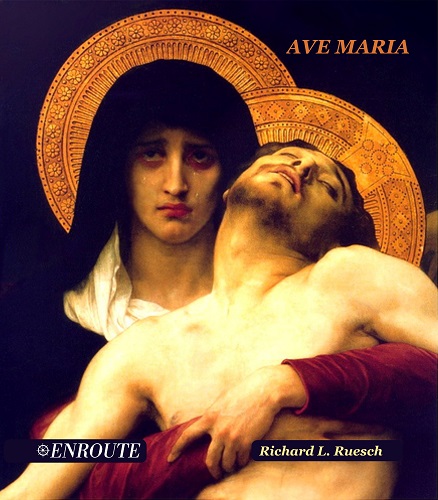
 During the many years of teaching CCD classes in several different Catholic parishes, Richard Ruesch developed a fervent desire to increase the devotion to the Blessed Virgin Mary.
During the many years of teaching CCD classes in several different Catholic parishes, Richard Ruesch developed a fervent desire to increase the devotion to the Blessed Virgin Mary.